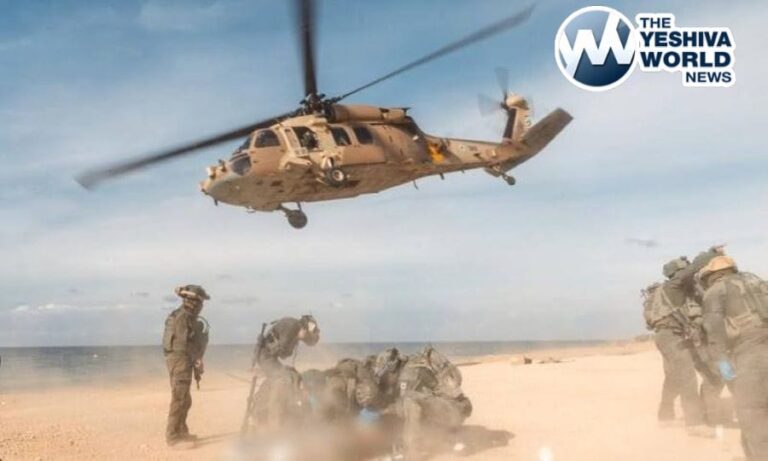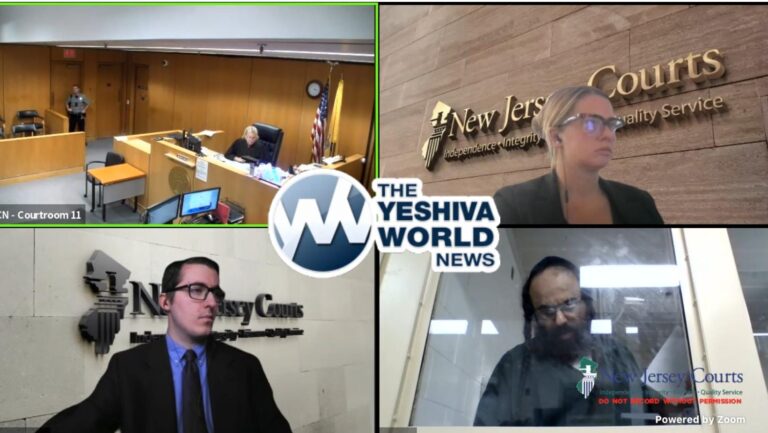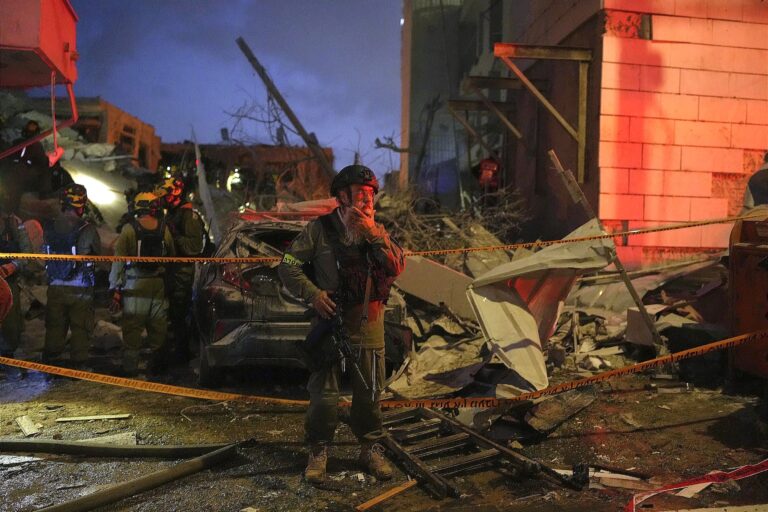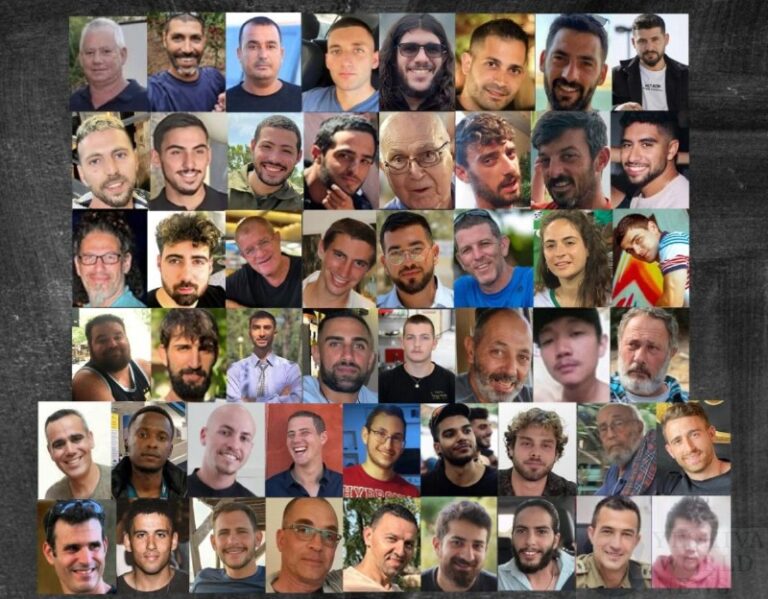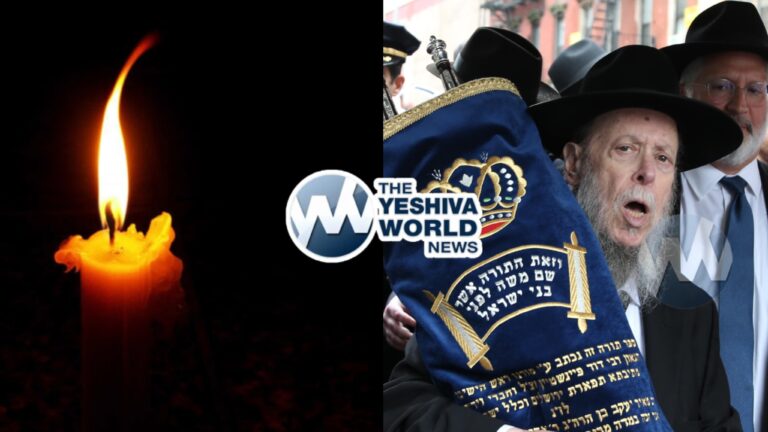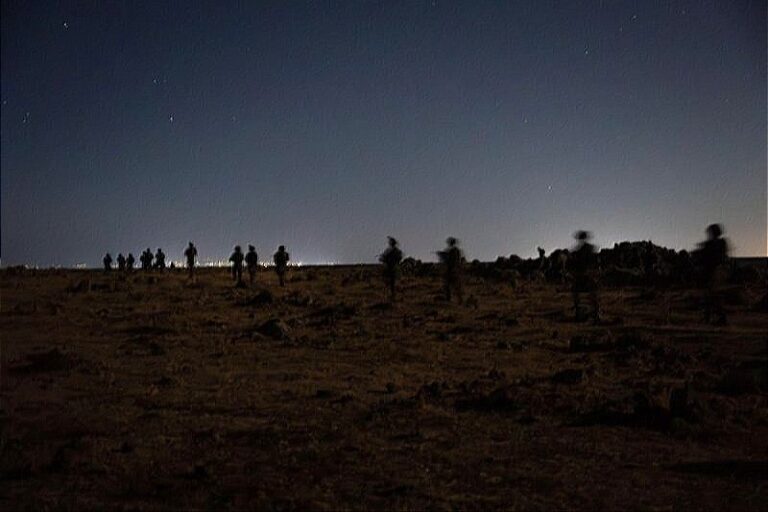 [By Rabbi Yair Hoffman for the Five Towns Jewish Times]
[By Rabbi Yair Hoffman for the Five Towns Jewish Times]
The Transportation Security Administration (TSA) has issued a warning to travelers in the United States. Apparently, we are to expect even longer waits than usual at airport security checkpoints in the coming months. The agency’s new chief of operations said that chronic understaffing and more thorough screening procedures means, “this is going to be a rough summer.” The TSA routinely confiscates metal objects, including butter-knives.
But are butter knives truly dangerous? Should they be taken away? What about plastic knives? While Rav Yitzchok Zilberstein is, to this author’s knowledge, never consulted by the TSA for policy guidelines, we might perhaps find his view in a lehavdil, similar, area.
Lehavdil, in halacha too, we have a venue where knives should either be taken away or covered.
That venue is Bentching.
BENTCHING – TWO REASONS
The Shulchan Aruch (OC 180:5) writes that it is the minhag to cover up knives during bentching. In his Bais Yoseph commentary on the Tur, Rav Karo cites two explanations for this halacha. The first explanation is that iron shortens the life of man and it is inappropriate during Bentching where the table is compared to the Mizbeach – which lengthens life – that a knife should sit upon it. The verse, lo sanif aleihem barzel – was first stated in (Dvarim 27:5) regarding the building of the Mizbeach, “And it shall be when ye are passed over the Jordan, that ye shall set up these stones, which I command you this day, in mount Ebal, and thou shalt plaster them with plaster. And there shalt thou build an altar unto Hashem, an altar of stones; you shalt lift up no iron tool upon them.” It is applied to either covering up a knife or removing it during Bentching.
SECOND REASON
There is also a second reason cited in the Beis Yoseph in the name of Rabbeinu Simcha. Apparently, once a person reached the blessing of Boneh Yerushalayim and he was so distraught when he mentioned the churban of the Beis HaMikdash that he took the knife to his stomach, rachmana litzlan. Therefore, the custom developed to remove the knife.
The difference between the two reasons accounts for the difference as to whether it is enough just to cover it up, or whether it must be removed.
Rav Vosner zt”l, in Shaivet HaLevi (Vol. I #205) extends it to other forms of metal and not just iron, although the Pri Magadim leaves this question unresolved.
It is interesting to note, however, that the Aruch HaShulchan 180:6 writes that the custom is no longer to cover the knives.
WHAT ABOUT SHABBOS AND YOM TOV?
The Shulchan Aruch itself says that we do not have this custom on Shabbos. The TaZ explains that according to the second reason of Rabbeinu Simcha – since it only happened during the week, they only made the custom for the week. The Mogain Avrohom, however, explains that since the original reason had to do with building the Mizbayach and it was not permitted to build the Mizbayach on Shabbos – the minhag never developed on Shabbos. The Chida has a different explanation. He writes that Shabbos alludes to Olam haBah where the klipos [shells of impurity] will become sweetened and death shall be abolished. It is for this reason that the knives are not covered on Shabbos. The Magain Avrohom also cites the Levush who says that the Minhag in his time is not to distinguish between Shabbos and weekdays. The Kaf haChaim 180:15, as well, writes that according to Kabbalistic reasons, they should even be removed on Shabbos and Yom Tov.
WHAT ABOUT THE KNIFE HANDLE?
For those who just cover the knife and don’t remove it Rav Chaim Kanievsky ruled (Maaseh Ish Volume IV p. 120) that the handle should be covered as well. Rav Nissim Karelitz in his Chut Sheini (Vol. III in Kovetz Inyanim at end of the volume) ruled the same way.
WHAT ABOUT AFTER MASHIACH COMES?
The Ateres Paz (OC I #15) writes that according to the first reason, the minhag of covering the knife would still apply after Mashiach comes. However, according to the Rabbeinu Simcha reason, when the Beis HaMikdash will be restored, the reason will no longer be applicable.
LARGE MEALS
What about when there is a large affair such as a wedding or large dinner? Do all the knives really have to be covered or removed for bentching? The response work VaYa’an Dovid (Vol. I #28) rules leniently when necessary, citing the aforementioned Aruch haShulchan.
BACK TO THE TSA
Rav Yitzchok Zilberstein Shlita in Otzros HaBracha (page 157) writes that neither of the two reasons that are cited in the Beis Yoseph apply to plastic knives. Rav Shlomo Zalman Aurbach zt”l ruled the same way, allowing plastic knives as cited in Chaku Mamtakim volume I page 106). It is interesting to note that Rav Binyomin Zilber in Az Nibru (Volume VII Siman 2) forbids plastic knives during Bentching. It seems that the minhag is to be lenient. Rav Zilberstein rules that a metal knife that cannot be used to stab, such as a butter knife, is still prohibited by reason number two because of the Maaseh shehaya – the incident that happened. Perhaps the TSA might rule similarly in that all knives across the board should be forbidden.
The author can be reached at [email protected]


